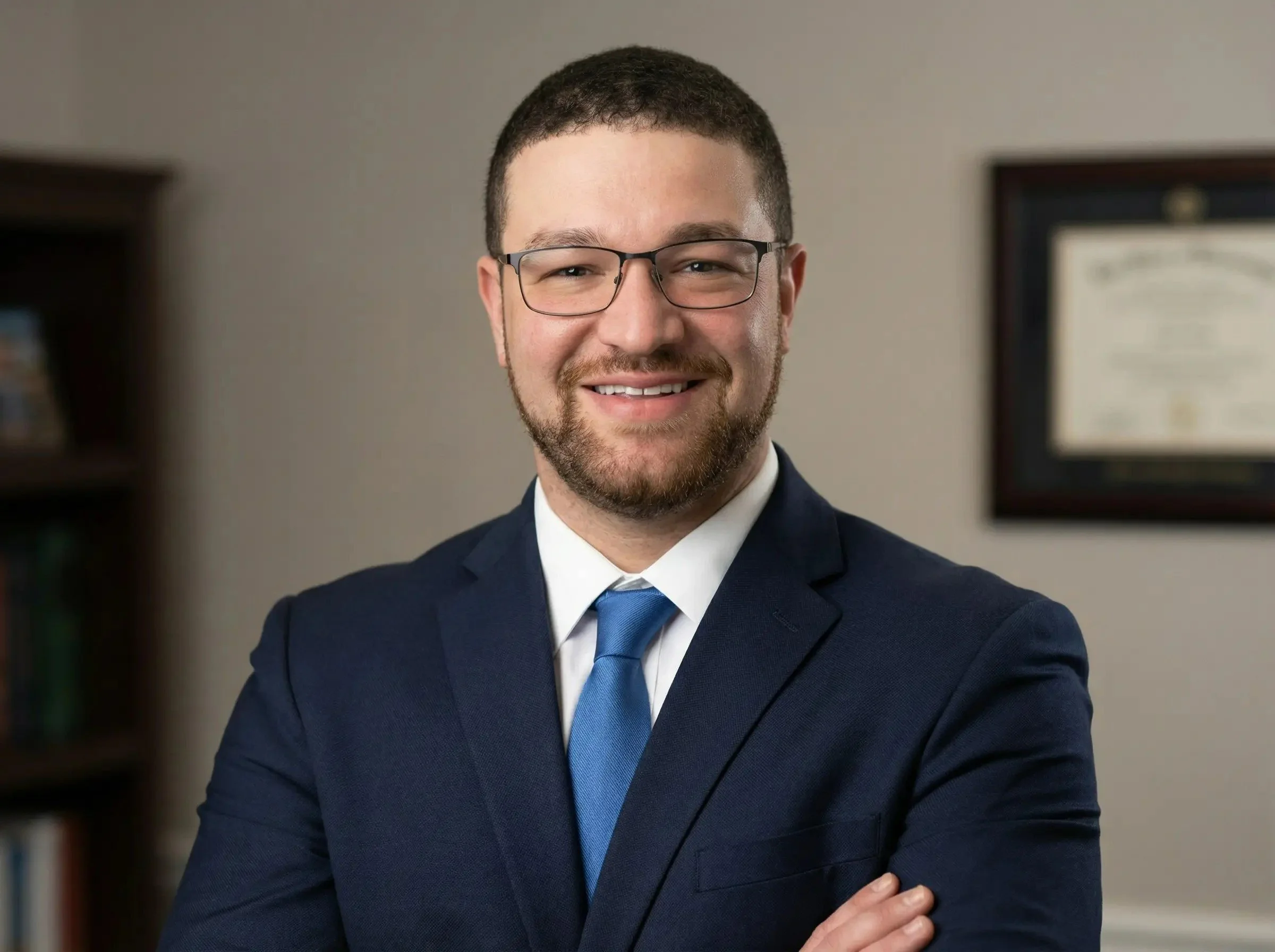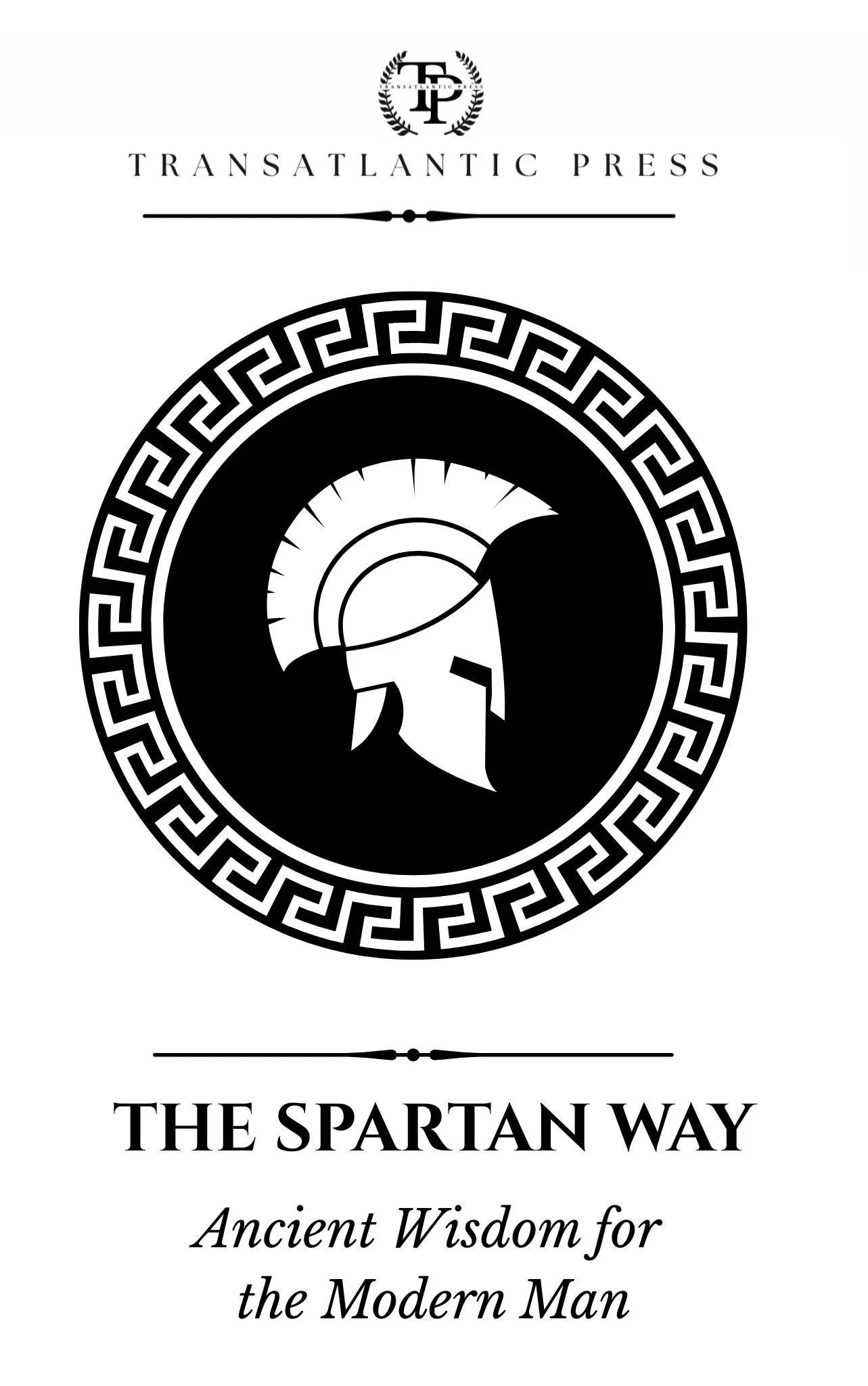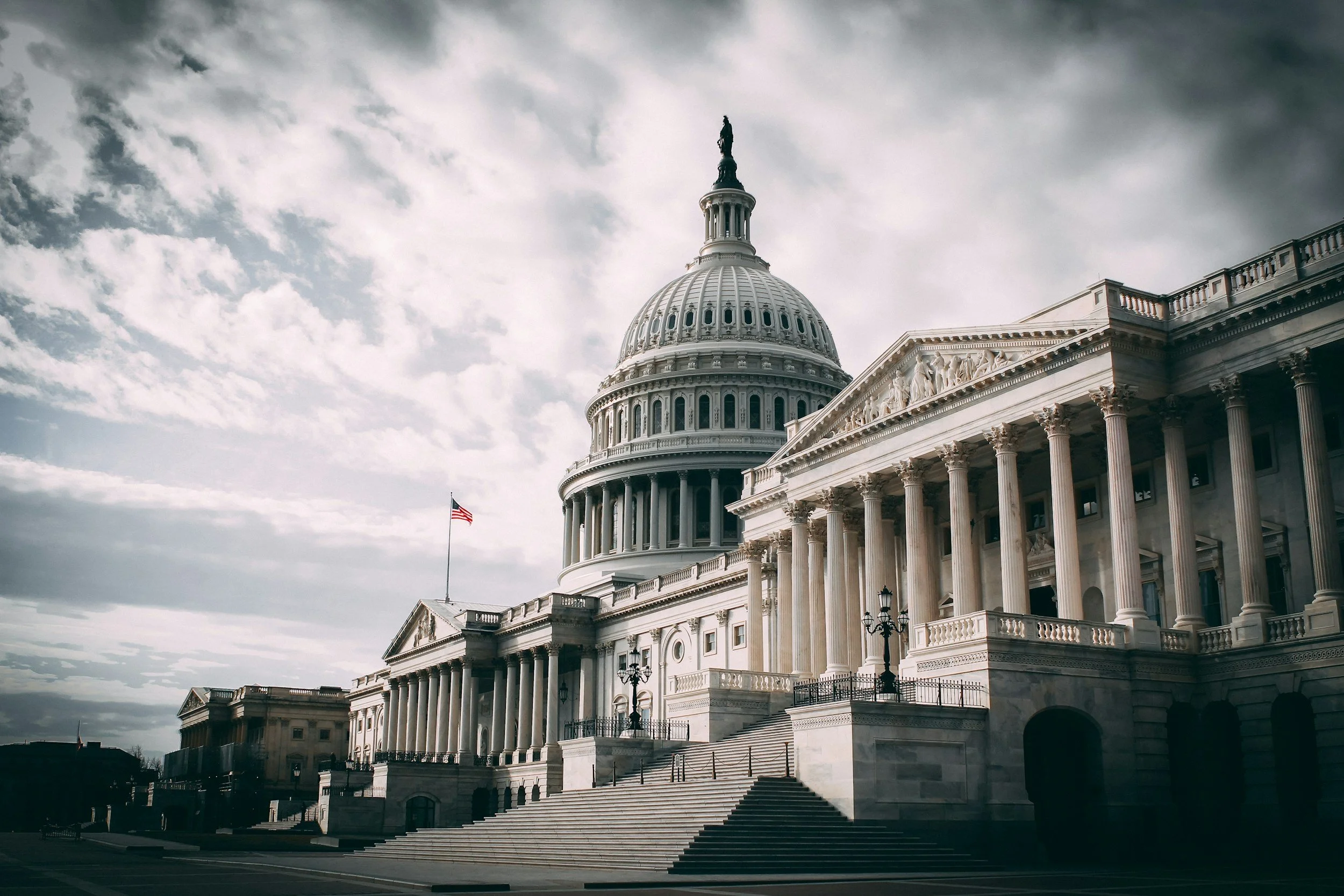
MARTIN ROBERT GENTER JR
WRITER - PHILOSOPHER - STATESMAN
AT THE INTERSECTION OF ANCIENT GREECE AND AMERICAN DEMOCRACY.
I write books and essays, design curricula, and build AI‑powered tools that help people think more clearly, act more courageously, and strengthen the communities they live in. My work lives where Athens meets Detroit: tragic honesty about where we are, and stubborn hope about who we could still become.
About Martin
I am a biracial author, educator, and AI strategist whose life runs from enslaved ancestors to Plantagenet kings, from Detroit classrooms to UN advocacy, from a 70% Michigan State Senate primary win to a decade of deep study across 750+ books. I’ve worked with the UN, UNICEF, and U.S. Congress, taught in high‑need schools, and helped build campaigns and movements.
My work now focuses on one project: binding ancient Greek tragic wisdom to the moral crises of our time, and giving ordinary citizens tools to act with courage and clarity where they live.
Featured Work
Ancient Greek wisdom for living bravely and well in a third tragic age.
How tragedy can turn suffering into strength
Why virtue is a daily practice, not a moral slogan
What Greek wisdom can teach us about rebuilding American civic life
Recent Essays:
“E Pluribus Unum, in One Body”:
A biracial “modern Prometheus” traces how exile, ancestral contradiction, and ten years with the dead forged a new faith in tragic Greek wisdom, using his own E Pluribus Unum body as the site to heal a breaking America in an age of AI and civilizational risk.
“The Second Renaissance: An American Odyssey Through Tragedy to Hope”:
A biracial American “child of paradox” traces how personal faith crisis, Greek tragic wisdom, and hard-won public service converge into a call for a Second Renaissance—where moral courage and human dignity guide our use of godlike technologies at civilization’s crossroads.
“Letter from the Third Age of Tragedy”:
A haunted, biracial “child of contradictions” writes from what he calls the third age of tragedy, arguing that our AI‑charged, civilization‑on‑a‑cliff moment demands a Second Renaissance of Greek wisdom, moral courage, and shared purpose—and inviting allies to help turn suffering into renewed human dignity.
Speaking & Advisory
I work with schools, civic groups, faith communities, and mission‑driven teams who care about courage, character, and the common good. My work blends Greek philosophy, lived political experience, and AI strategy into something you can actually use by Monday morning.
Speaking & Workshops
Bullet topics:
The Ancient Greek way: thought • virtue • legacy
Moral courage in public life
Tragedy as a teacher: how suffering becomes strength
AI for the common good
Advisory & Strategy
Bullet points:
AI strategy for public‑interest and civic projects
Messaging and narrative for campaigns and movements
Curriculum and program design for civic education
Stay in the conversation
I share occasional essays on Greek wisdom, civic renewal, and AI for the common good—plus updates on books, talks, and projects. If you’d like to follow the work or invite me to speak, start here.
For speaking, media, or collaboration inquiries: martinrobertgenterjr@gmail.com
Previously worked with / studied at:
-
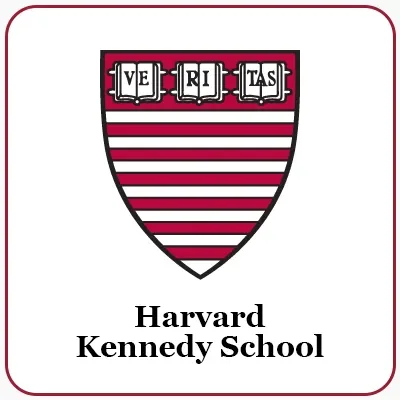
Harvard Kennedy School
-
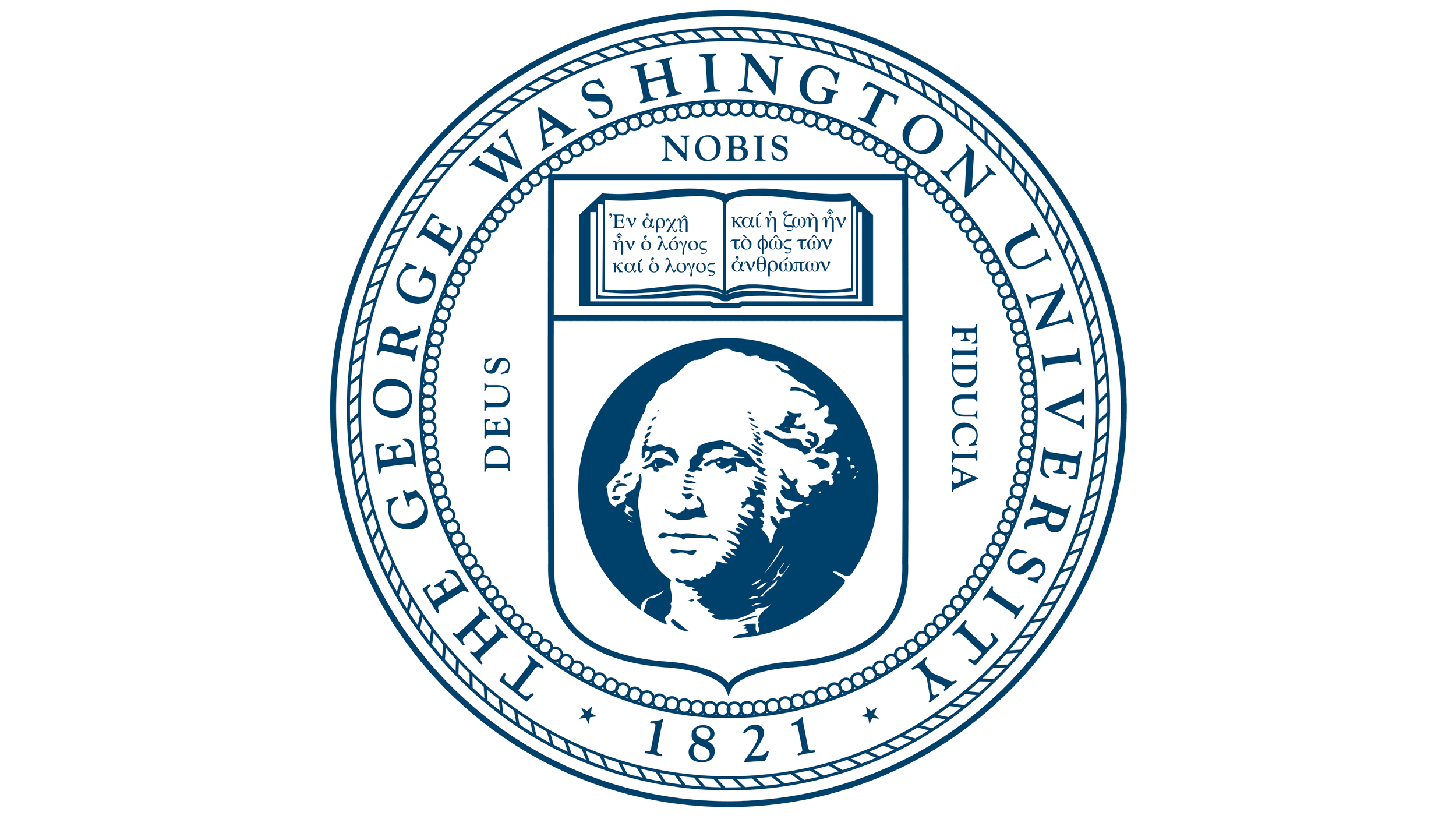
Georges Washington University
-
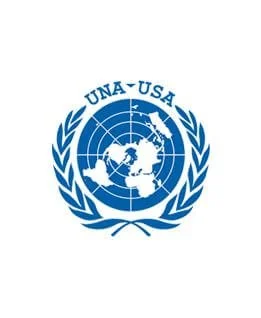
UNA-USA
-
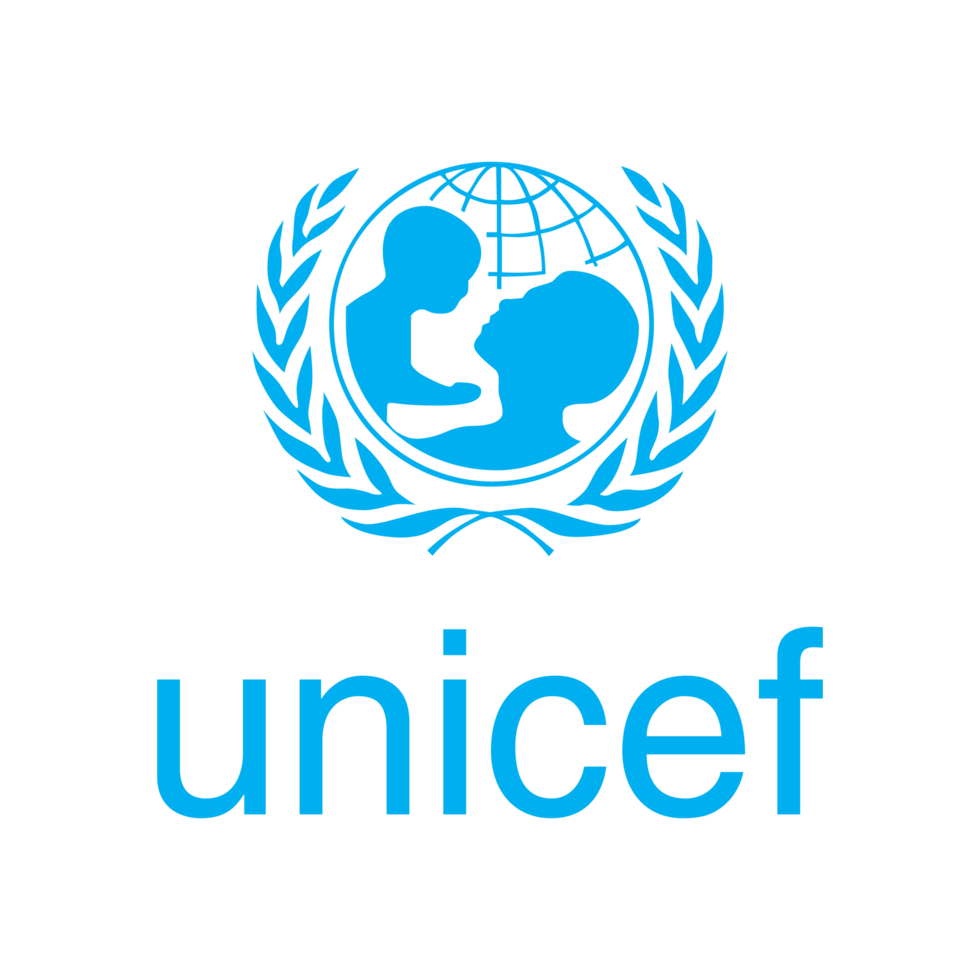
UNICEF
-
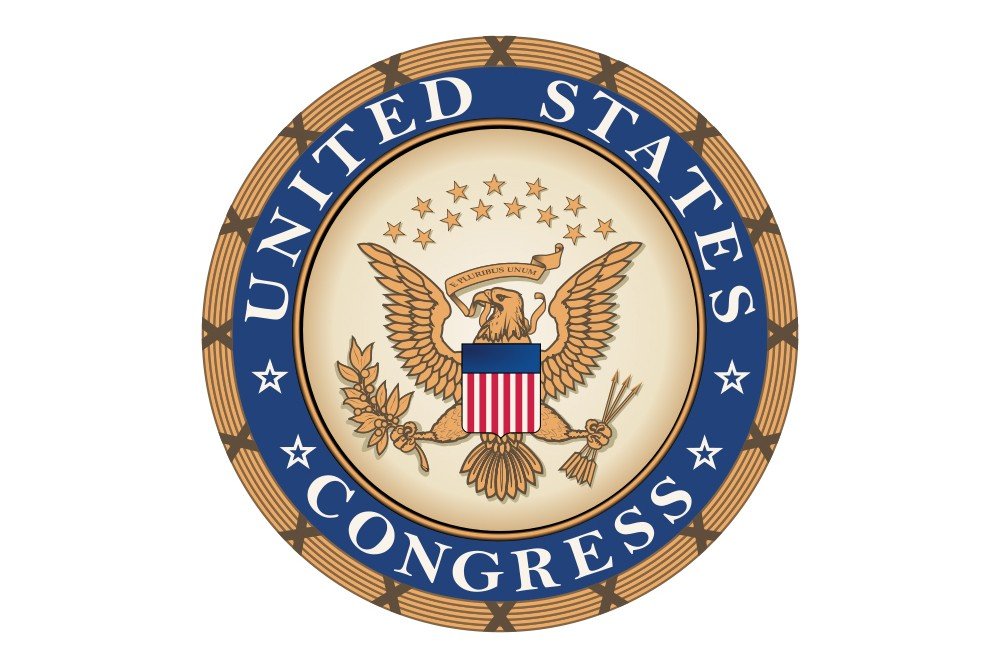
U.S. Congress
